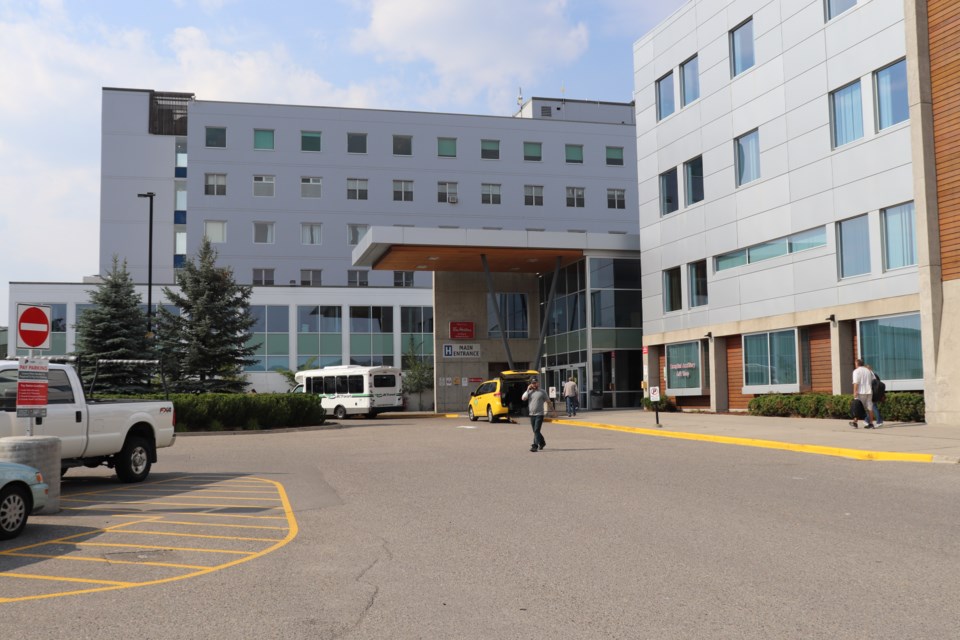The University Hospital of Northern B.C. (UNHBC) is once again experiencing higher-than-normal patient volumes.
UNHBC notified the public of high patient volumes in September, and are again asking for the community’s help to relieve pressure on the emergency department.
“It is something that happens on and off throughout the course of the year,” says Eryn Collins, manager of communications for Northern Health.
“We have higher than normal traffic in general right now and it’s not completely clear what’s driving the numbers.”
She says it’s not one particular factor, like influenza, causing the increase; the B.C. Centre for Disease Control is currently reporting low influenza activity in the province.
Collins says increased demand can come from a variety of factors, including patients who are elderly or patients who require care for chronic conditions, as well as patients needing care for mental health-related conditions.
“The numbers fluctuate on a daily basis; really, when the hospital is this busy we do ask the community to help us by avoiding unnecessary trips to the hospital and take advantage of other resources,” says Collins.
Patients who aren’t sure whether their condition warrants an ER visit, or who need health advice, can call HealthLink B.C. (811) or visit their website to access non-emergency health information from nurses, dietitians and pharmacists 24/7.
Those with a cold are also encouraged to phone HealthlinkBC for advice or ask their pharmacist about over-the-counter medications to ease symptoms.
Anyone needing non-urgent care can use community health services including their family practitioner or walk-in clinics when available.
To help keep the flu away this cold season, you can also check immunizebc.ca for clinic dates.
If you are concerned about a possible poisoning or exposure to a toxic substance, call poison control at 1-800-567-8911.
“We want people to be aware that there are options if they are able to manage at home until they can get into see their family physician,” says Collins, adding that anyone who believes they require urgent medical attention, should not hesitate to go to the emergency room or call 911 for immediate assistance and transportation.
In their September press release, Northern Health stated it is looking forward to additional investments in UHNBC to meet growth in the community, projected shifts in demographics and anticipated changes in health care delivery. That includes a current project to add 24 medical inpatient beds on the hospital’s second floor.


